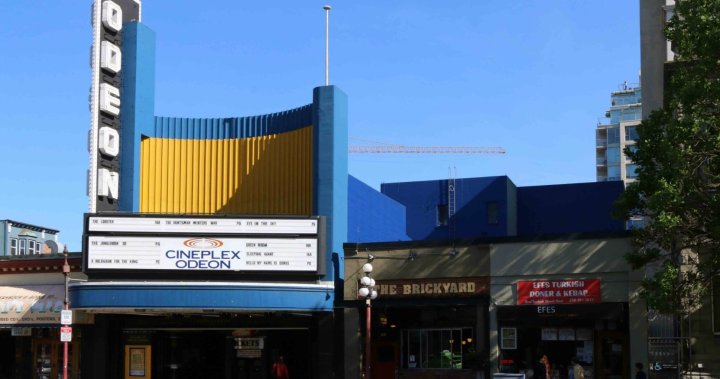In an era where streaming services dominate entertainment consumption, Victoria city councillors have taken a bold stand to preserve the cultural heartbeat of their downtown core. Last Thursday, council members unanimously approved a motion aimed at protecting the city’s remaining cinema venues, recognizing them as vital cultural institutions rather than mere commercial enterprises.
The motion, spearheaded by Councillor Susan Kim, comes at a critical juncture for Victoria’s downtown theatres. With the iconic Capitol 6 Theatres closing its doors in 2022 after serving the community for over 40 years, the urgency to protect remaining venues like the Odeon and Star Cinema has never been more apparent.
“These aren’t just buildings where movies are shown,” Kim explained during Thursday’s council meeting. “They’re community gathering spaces that contribute significantly to our downtown’s cultural vibrancy and economic vitality.”
The council’s initiative directs staff to explore various preservation strategies, including potential heritage designations, financial incentives for theatre operators, and zoning amendments that would restrict the conversion of these spaces into other commercial uses. These measures reflect a growing recognition across Canada that cultural spaces deserve special consideration in urban planning.
Financial challenges facing traditional cinemas are substantial. The business model for movie theatres has been under increasing pressure, with the pandemic accelerating trends toward home streaming. According to industry data, North American box office revenues in 2023 remained approximately 20% below pre-pandemic levels, despite several blockbuster releases.
Victoria’s approach mirrors successful theatre preservation efforts in other cities. In San Francisco, the Castro Theatre received landmark status, while Montreal implemented tax incentives for historic cinema operators. These examples demonstrate that with appropriate political intervention, traditional movie venues can continue to thrive even in the digital age.
Local film festival organizer Barbara Chirinos praised the council’s decision. “When we lose these spaces, we lose more than just screens – we lose gathering places where diverse communities come together through the shared experience of film,” she noted in a statement to CO24.
The preservation effort has garnered support from urban planning experts as well. Dr. Martin Segovia, professor of urban studies at the University of Victoria, points out that “vibrant downtown cores require a mix of daytime and evening activities. Movie theatres bring people downtown after dark, supporting restaurants and creating safer streets through natural surveillance.”
Council’s motion also addresses affordability concerns. As one of the few remaining affordable entertainment options in an increasingly expensive city, movie theatres serve an important social function. A typical evening at the movies remains significantly less expensive than most other entertainment options, making it accessible across socioeconomic divides.
As Victoria moves forward with this preservation initiative, the broader question emerges: in our rush toward digital convenience, what cultural institutions are we willing to lose? As communities across the world grapple with similar challenges, Victoria’s proactive approach may offer a template for balancing progress with preservation of the cultural spaces that give our cities their unique character and soul.
























